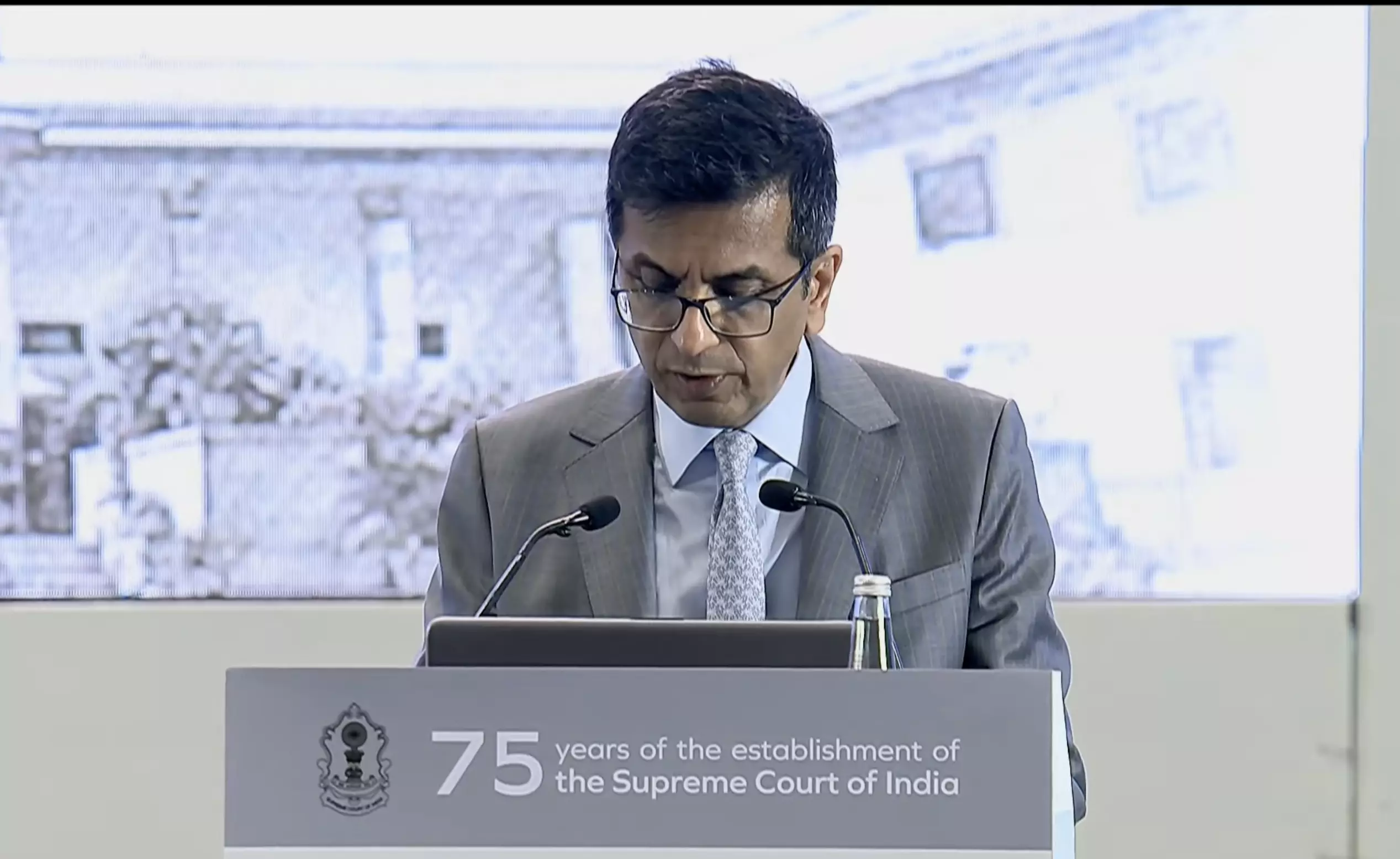 |
|
Chief Justice of India (CJI) D.Y. Chandrachud, in a significant address at the valedictory ceremony of the two-day National Conference of the District Judiciary, highlighted the pressing need for enhanced communication and collaboration within the Indian judicial system. Addressing the perceived communication gap between the district judiciary and High Courts, CJI Chandrachud attributed this historical divide to the legacy of colonial times and the subordination that characterized the era. He emphasized the significance of fostering a more open and collegial environment, particularly in areas like transfers, work distribution, and assessments.
The CJI articulated the importance of transparency and data-driven evaluations, urging inspecting judges to move away from one-off inspections and embrace a more holistic approach that considers long-term performance. He outlined three key pillars of inclusivity that the judiciary should embrace to uphold the principles of equality and justice: developing a comprehensive gender equality framework in decision-making, implementing measures to attract, train, retain, and promote individuals from diverse and marginalized groups, and actively monitoring gender equality initiatives. The CJI also stressed the importance of openly addressing mental health concerns and fostering the emotional well-being of judicial officers, acknowledging that their mental health directly impacts their efficiency and public trust in the judicial system.
In a major development, CJI Chandrachud announced that the Supreme Court’s Centre for Research and Development is developing a comprehensive white paper to integrate state-level judicial training modules with best practices from around the world. This initiative aims to establish a standardized national curriculum for judicial training, leveraging technology to track progress and improve efficiency. The revised curriculum will introduce innovative training methods, a thematic framework, standardized training calendars, and integration of information technology. This overhaul aims to bridge knowledge gaps and incorporate robust feedback and assessment methodologies.
Beyond training, CJI Chandrachud emphasized the need for providing better working conditions for judicial officers, ensuring their independence and impartiality are not compromised by financial constraints. He argued that a financially secure judiciary is critical for a stable democratic society. CJI Chandrachud’s address resonated with the sentiments expressed by President Droupadi Murmu, who had previously highlighted the need to decongest prisons by avoiding the incarceration of petty criminals. The CJI’s vision seeks to cultivate a sense of independence, confidence, and freedom from fear among young judges.
